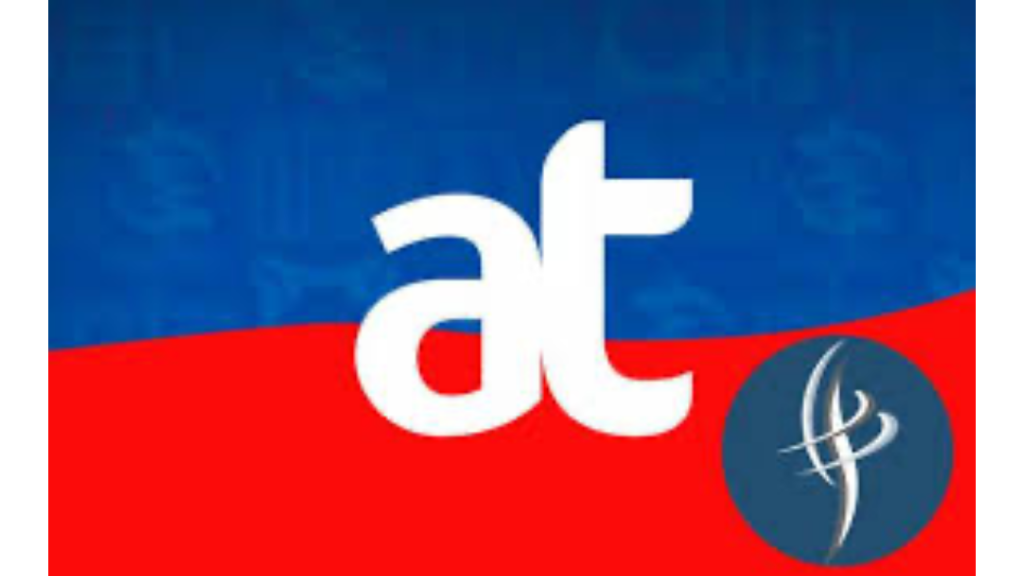- AT Ghana was formed in November 2017 via the merger of Airtel Ghana and Tigo Ghana; it rebranded from “AirtelTigo” to “AT” in 2023 to simplify identity while keeping its service portfolio.
- The company has introduced innovations such as eSIM service, and is currently part of a regulatory-driven intervention involving national roaming with Telecel, due to mounting debts and pressure from infrastructure providers.
AT Ghana: Origins, Vision and Rebranding
AT Ghana was launched in November 2017 following the merger of Bharti Airtel’s Ghanaian operations and Millicom’s Tigo Ghana. In June 2023 the company changed its public identity from “AirtelTigo” to “AT”, affecting its sub-brands (AT Money, AT Business, etc.), marketing materials and logo, but emphasised that management structure, products and services would remain unchanged. According to AT’s vision statements, their guiding credo is “Customer First”, and the company states that it “strives to keep consumers and businesses digitally connected” while making life simple for customers.
Also read: JUNISAT ICT Telecoms: Satellite Innovation & Challenges
Also read: NGCOM Telecom Hardware Driving Innovation and Growth
AT Ghana: Industry Context, Challenges and Innovations
The telecoms sector in Ghana is dominated by MTN, which holds an overwhelming share of the market, with smaller operators like AT and Telecel struggling to maintain financial viability and compete on infrastructure, pricing and coverage.
Challenges
- AT is facing serious financial difficulties, including reported losses in excess of US$10 million in the first eight months of 2025.
- Debt to infrastructure providers is threatening its ability to operate smoothly. In particular, AT owed a large amount to American Tower Company (ATC) Ghana; ATC had begun disconnecting some site power due to non-payment, risking service disruption.
- Its market share has been declining: recent reports show AT with around 7.9% of Ghana’s mobile subscriptions (≈ 3.15 million), compared with MTN at ~74% and Telecel at ~18%.
Innovations & Regulatory Responses
- AT was first among Ghanaian telecom operators to introduce eSIM service, allowing compatible device users to get virtual SIMs without a physical card.
- The government has directed AT and Telecel to implement national roaming, to protect more than three million AT subscribers from disruptions while AT’s network sites face power cuts from unpaid bills.
- A proposed merger or stronger consolidation between AT and Telecel is under regulatory and public scrutiny as a way to create a more sustainable second national operator, capable of better competing with MTN.

